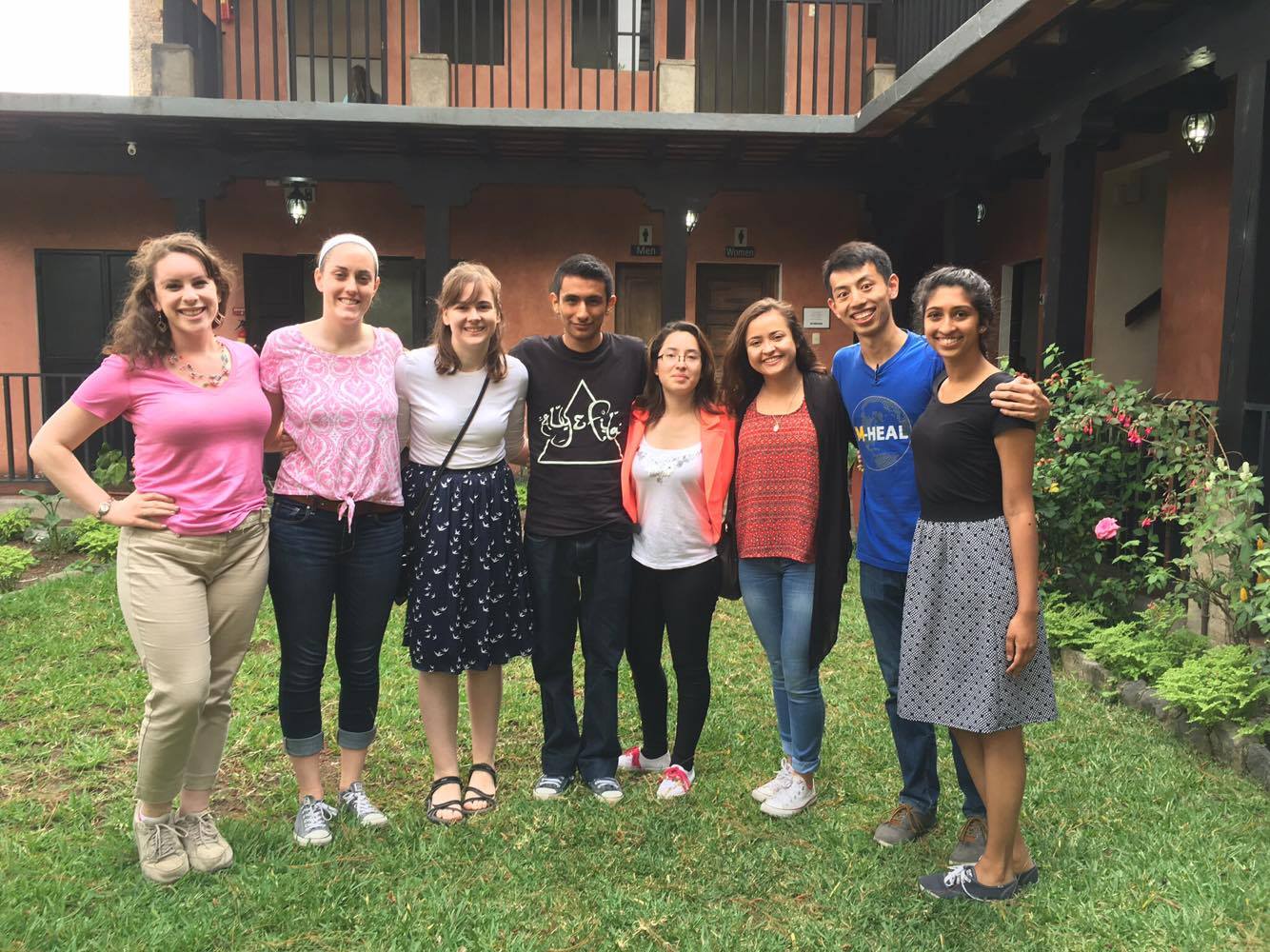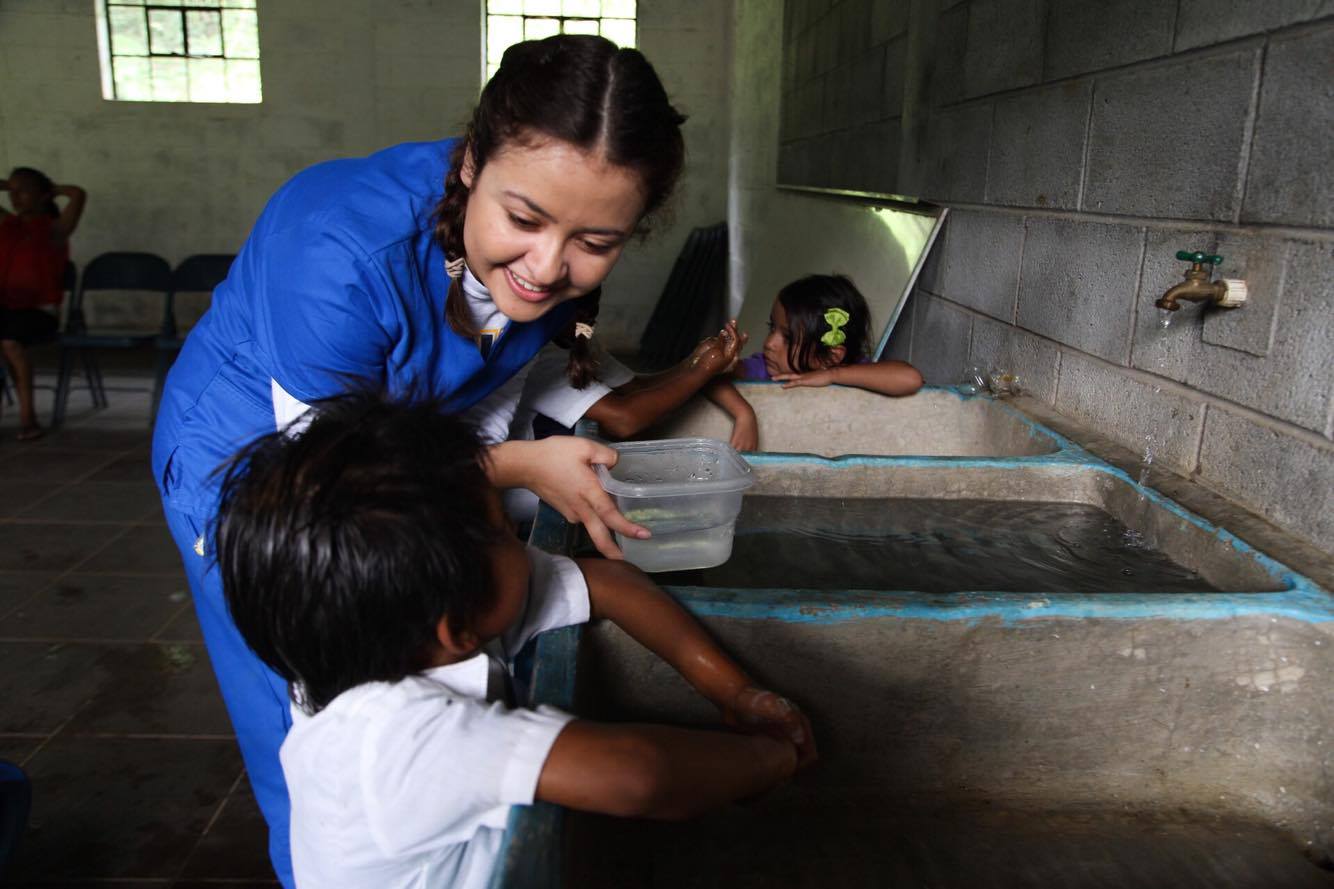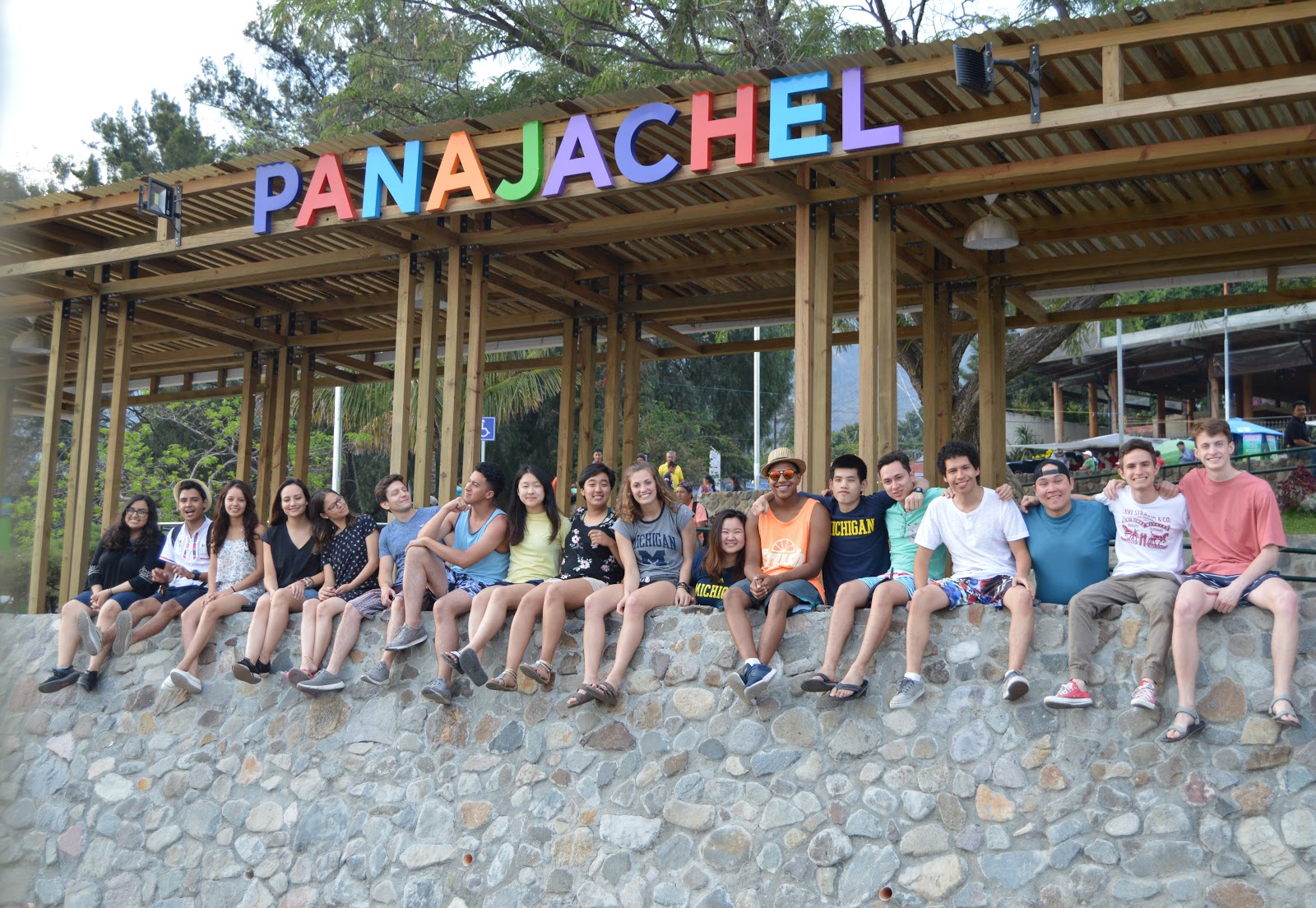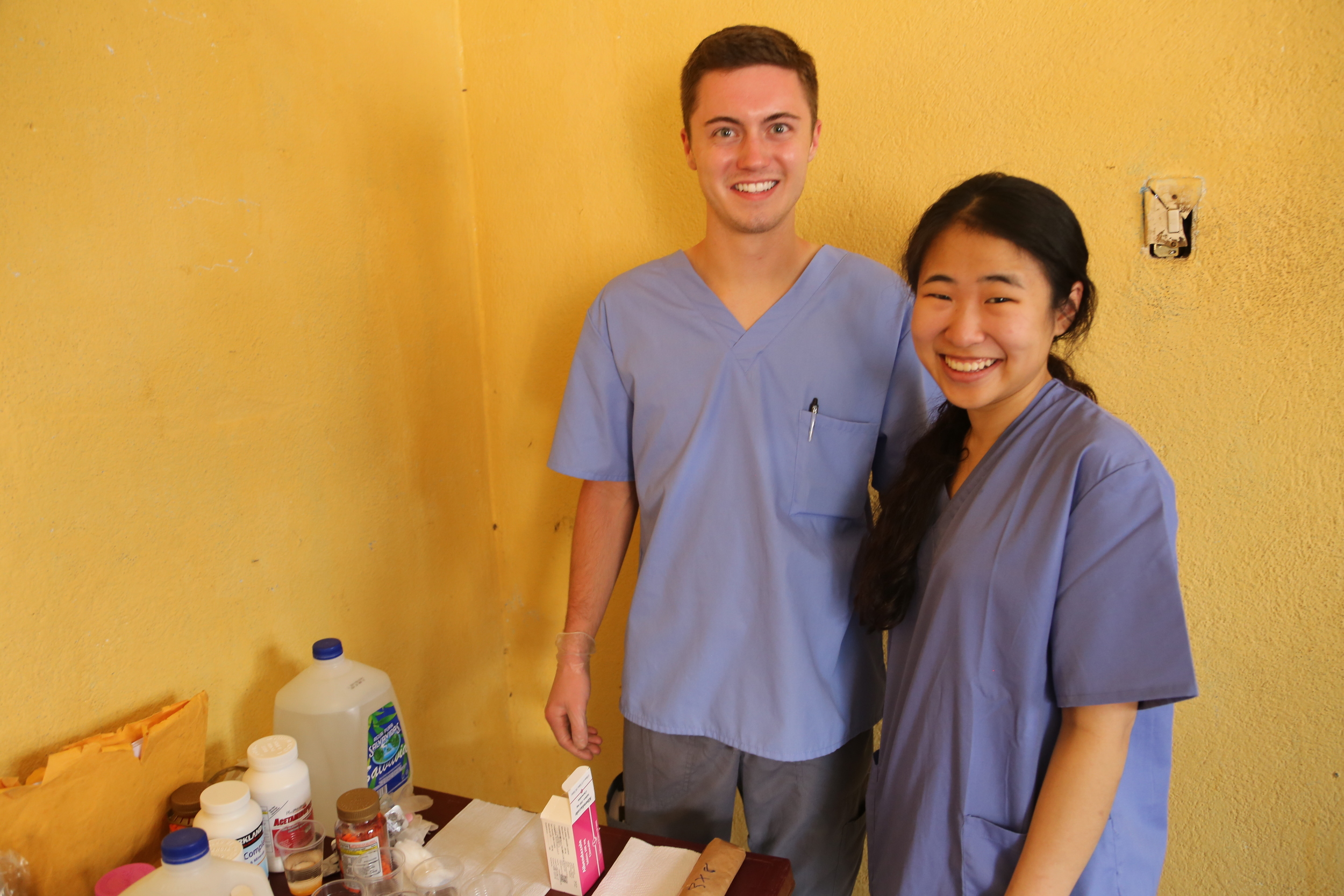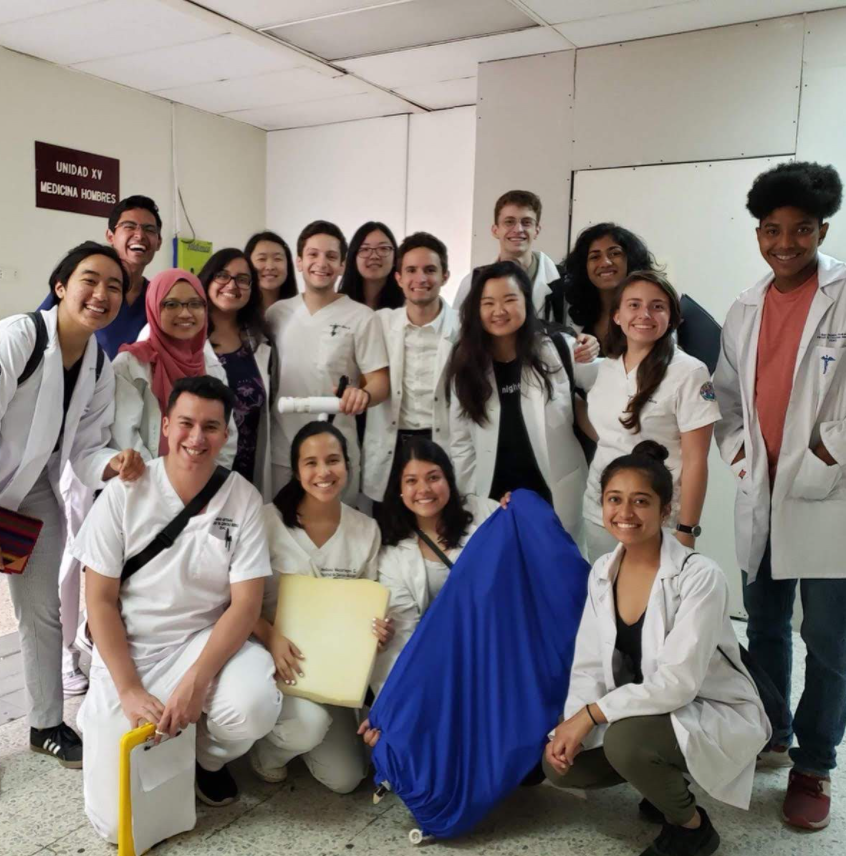Project Alivio
NEEDs STATEMENT
Develop a method to reduce the incidence of pressure ulcers that form in the San Juan de Dios Hospital by lowering the physical demand of patient turning and prioritizing the turning of patients with a higher risk of developing pressure ulcers.
Abstract
Pressure ulcers are caused by sustained pressure against the skin resulting in impaired blood flow and damage to surrounding tissue. They are commonly found in bedridden patients, and the current protocol for prevention is to turn the patient every two hours. In hospitals in Guatemala City, nurses are understaffed and thus, patients are turned infrequently. Project Alivio is a multidisciplinary design team developing solutions to lower the occurrences of pressure ulcers in hospitals in Guatemala. Alongside SAIMER, a team of Guatemalan medical students, Project Alivio is working on lowering the physical effort needed by nurses to turn patients and designing an automated patient prioritization system. Currently Project Alivio is developing the alpha prototype of an inflatable wedge connected to a foot pump that allows nurses to turn patients without manually lifting them. The team is also developing an Android app that automates the Braden scale for pressure ulcer risk rating.
BACKGROUND
Immobile patients in hospitals in Guatemala are at an increased risk of developing pressure ulcers due to difficulty prioritizing at-risk patients and preventing the initial onset of the ulcers. Pressure ulcers, also known as bedsores, are injuries to the skin and underlying tissue that are caused by prolonged pressure on bony prominences of skin. Currently, hospitals in Guatemala have air and gel mattresses intended to reduce the incidences of bedsores; however, even with these mattresses, patients who aren’t turned develop preliminary pressure ulcers within six hours. Project Alivio ’s goal is to improve upon the current prevention devices present in hospitals by codesigning a solution that not only lowers the physical demand of turning and ameliorates the incidence of pressure ulcers, but also is cost-effective and accessible.
CURRENT STAGE
Our team has finished our mattress (mechanical) and Braden Scale automation app (software) prototypes, and will continue onto the testing stage. This includes implementing our device into hospitals and adjusting our designs as necessary, based on feedback and effectiveness. We also plan to travel back to Guatemala within the next year to further assess our design solution.
Acknowledgements
SAIMER Team
Isa Hernandez
Hector Galindo
Carlos Altan
Diego Arteaga
Andy Reyes.
Mentors and Advisors
Dr. J. Scott VanEpps, University of Michigan Clinical Advisor
Byron Lowens, Faculty Advisor
Dr. Aileen Huang-Saad, University of Michigan, M-HEAL Advisor
Dr. Michael Deininger, University of Michigan, C-SED Consultant
Dr. Miriam Scheel, San Juan de Dios Hospital (Guatemala City, Guatemala), Clinical Advisor
Dr. Erwin Calgua, Universidad de San Carlos/San Juan de Dios Hospital (Guatemala City, Guatemala), Advisor



